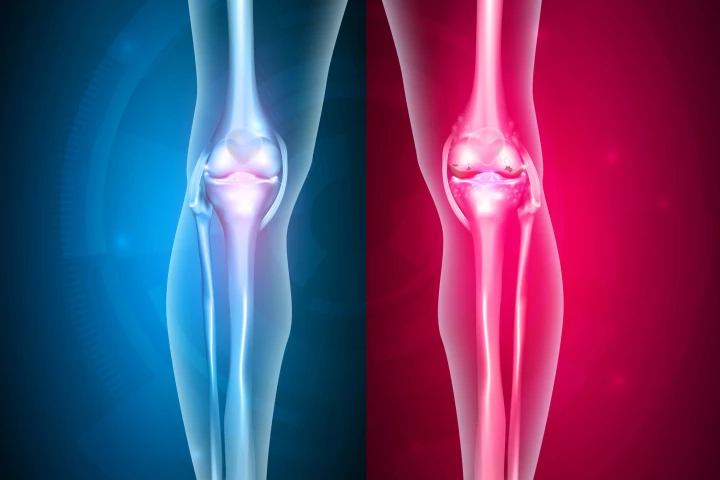Flinders University
-
Tea and coffee are two of the most popular drinks in the world – daily rituals that are linked to culture, comfort, and productivity. Now scientists have new insights into how each affects bone health, especially the risk of osteoporosis.
-
A massive global study has turned up some grim news: That 87% of us are not routinely getting quality sleep and meeting physical activity levels needed for long-term health. And, scientists discover, one is more influential than the other.
-
Researchers in South Australia have found a way to funnel a byproduct of the highly destructive process of lithium mining into making stronger and more durable concrete.
-
A large international study of more than 23,000 patients has found that common medicines used to treat high blood pressure and cholesterol, as well as heartburn, may be impacting cancer treatment effectiveness.
-
After examining 13 million hours of light exposure data, researchers found that experiencing bright light during the dark hours can significantly increase the risk of heart failure and heart attack. The effect was most notable in younger adults.
-
Scientists have identified a pair of pesky enzymes responsible for prolonging prostate cancer – which means we can potentially target them for quicker and more effective treatment of a condition that affects 1.5 million men around the world annually.
-
Knee and other joint-replacement procedures can be a major improvement to a patient's quality of life – unless infection sets in. A new method of injecting implants with liquid metal aims to take this harmful side effect out of the equation.
-
A huge international study has identified a weekly disturbance in one of the world’s most common sleep disorders, obstructive sleep apnea. Introducing “social apnea” – when the severity of the disorder jumps by nearly 20% on these specific nights.
-
In 2025, around 24 million Americans are estimated to suffer from sleep apnea, and around 90% of these cases are undiagnosed. Now, a groundbreaking new study warns that the prevalence of this serious condition will soar as the planet warms.
-
Research has linked the use of diet and fitness apps to problematic eating habits and body image issues. It highlights the fine line that exists between using these apps for motivation and using them to perpetuate potentially dangerous behaviors.
-
Cuneiform, the world's oldest form of writing, involved making indentations in clay tablets. Scientists have now developed a data storage system that's like cuneiform on steroids – and it's capable of storing more data than a typical hard disc drive.
-
Using a weighted blanket overnight not only improves insomnia but mood as well, in addition to reducing the use of sleep medications, a review of existing studies has found. It’s an effective, non-drug way of improving sleep to ensure better overall health.
Load More











